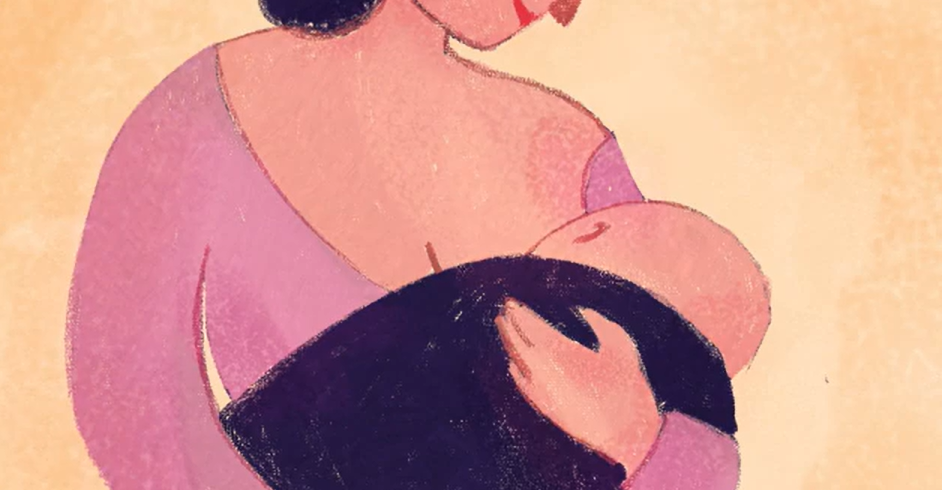Belfast-based eXRt Intelligent Healthcare drew on Ulster University research and Future Screens NI R&D funding to develop connected-health virtual reality physiotherapist software platform allowing stroke survivors to use fun physiotherapy-based games to increase engagement and adherence to their physiotherapy program in their own home.
Stroke is the 2nd leading cause of disability worldwide, with 15 million new strokes a year and 80 million stroke survivors. Globally, most healthcare organisations are categorised as having minimal healthcare services by WHO. These under-resourced healthcare organisations are struggling to provide enough high-quality rehabilitation support when patients are released home.
On average stroke survivors who need physiotherapy only perform 2min of physiotherapy per day at home nowhere near the recommended 45 minutes a day by the National Institute for Health and Care Excellence. The current cost of physiotherapy to the NHS for stroke survivors alone is currently £878 million a year with an additional £234 million over 5 years if the stroke survivors fail to recover their motor skills due to the lack of physiotherapy. With more people having new strokes the cost is set to rise 59% so it is important something is done now rather than later.
eXRt Intelligent Healthcare’s solution, ReNeuro is a connected-health virtual reality physiotherapist software platform that allows stroke survivors to use fun physiotherapy-based games to increase engagement and adherence to their physiotherapy program in their own homes. What makes our product and innovation different, is the decades of research we conducted to create a unique artificial intelligence (AI) that tailors the physiotherapist games to each patient’s movement skills creating a balanced rehabilitation program essential for remote home rehabilitation. They have developed a cloud-enabled web app so physiotherapists can remotely monitor and manage all their patients’ progress. We increase the amount of support to patients by using video chat/ messaging and even virtual physiotherapy appointments.





